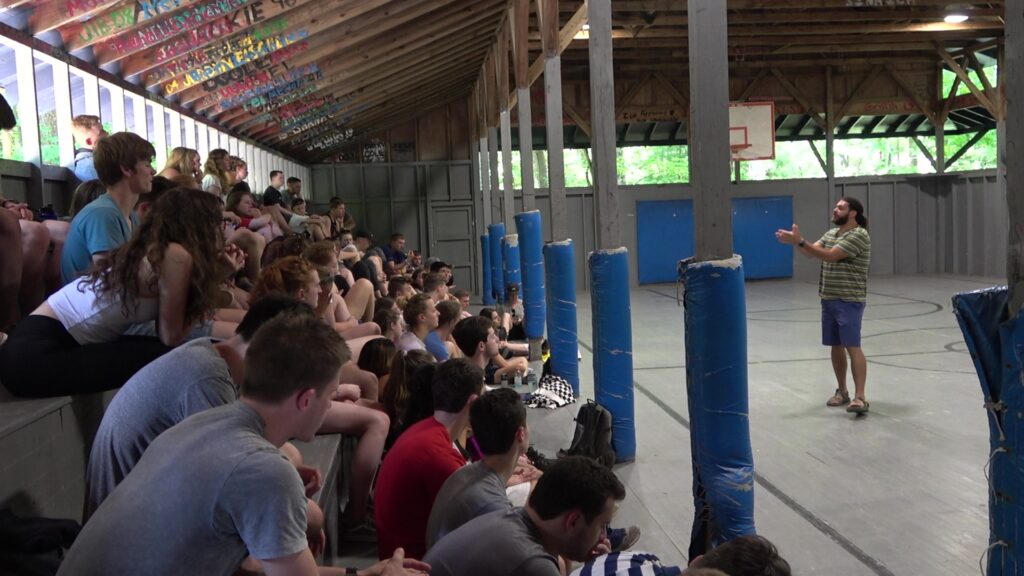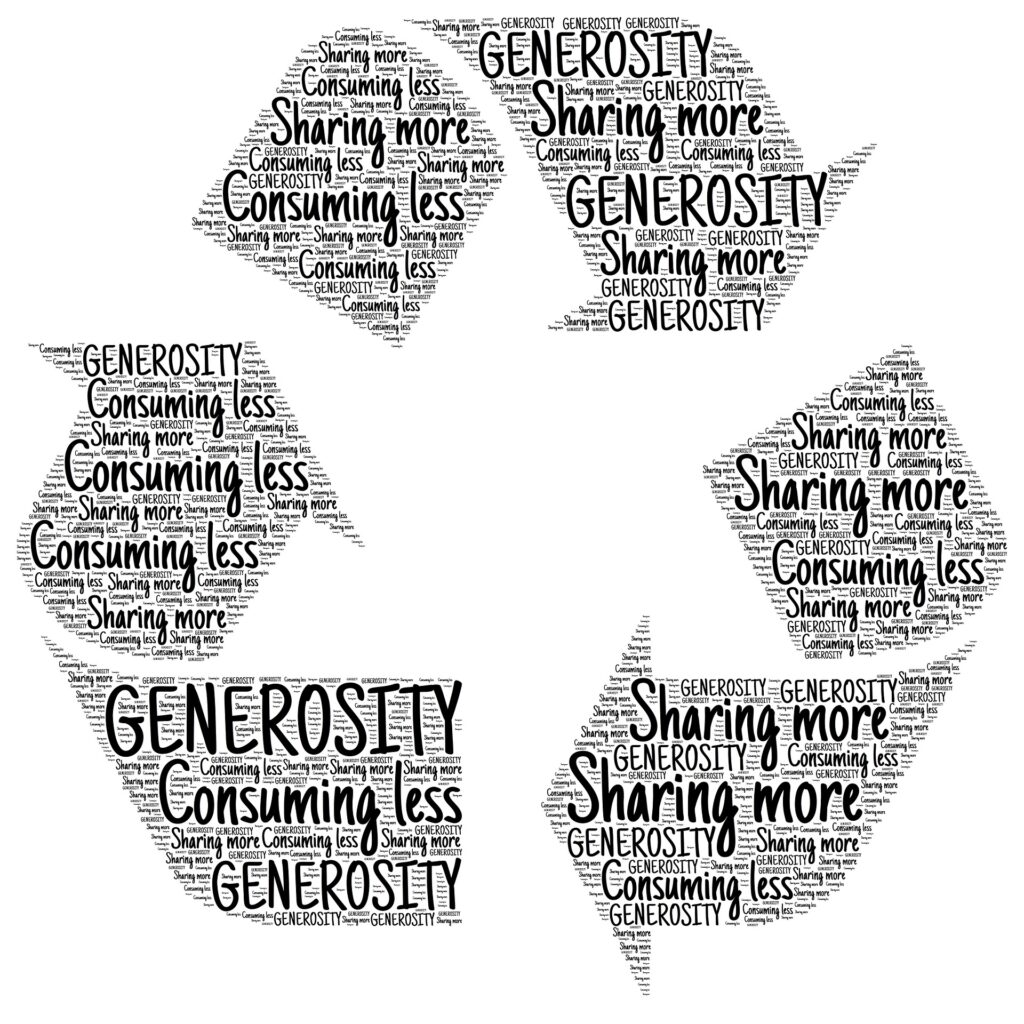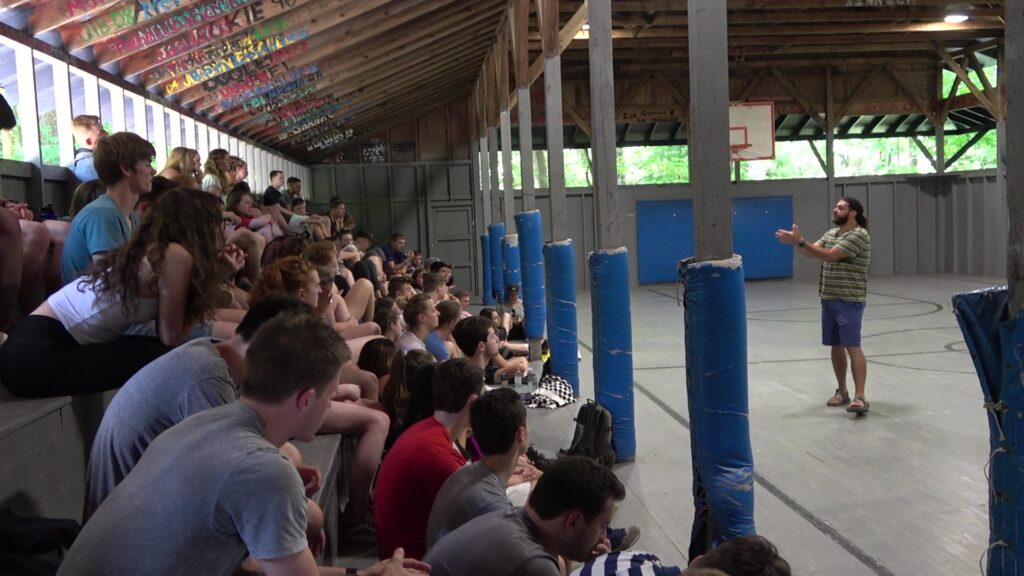Starting Your Journey Towards Sustainability

Starting Your Journey Towards Sustainability
Happy Earth Month! At CampBrain we are challenging ourselves to do 100 activities to support environmental awareness and sustainability in the month of April. As part of this initiative, we are lucky to have Danny Sudman, Green Camps Founder & Executive, write about starting environmental sustainability projects at camp. It is a great read!
Many people understand the importance of sustainability but don’t always know how to begin. Conducting a green needs assessment is a great way to get started. In this article, we’ll explore six reasons why you should conduct a green needs assessment for your camp or organization.
1. Learning What Questions to Ask

A green needs assessment helps you focus on the right questions to stimulate thoughts around what sustainability means to your unique camp or organization. These questions don’t have to be complex or require a significant investment in time and energy. A good working knowledge of your program and facility can provide answers to the majority of the high-level questions asked in a needs assessment. Be aware that if you’re asking good questions, they are likely going to lead to even more questions. This is why it’s crucial to form a green team to diversify the perspective of the answers you’ll receive when asking these questions.
2. Engaging Your Campers and Staff
Campers and staff are eager to address the climate crisis affecting our planet. Telling them that your camp is conducting a green needs assessment demonstrates your commitment to sustainability. It provides a great talking point when campers, parents, or other stakeholders ask why you aren’t composting or recycling. Inviting campers and staff to engage in the conversation about what sustainability means and looks like can help them understand the challenges and opportunities around going green. You can also invite them to help gather data and do research that will aid in completing your camp’s green needs assessment.
3. Focusing Your Time and Energy
A green needs assessment can help you understand where your time and energy to green your camp should be focused. Cataloging potential actions into four categories: We Are Already Doing, We Can’t Do, We Should Be Doing, and Wish We Were Doing will help you better understand where to focus your time and energy.
4. Finding Low-Hanging Fruit Actions
Of all the actions above, many of the “We Should Be Doing” might be considered “low-hanging fruit” actions. These are often simple, low-cost sustainability actions your camp could take immediately and with relatively few resources. Examples include signs to encourage campers to turn lights off, starting a camper green team, and camp-wide trash clean-ups.
5. Accessing Funding by Creating a Case for Support
Lack of access to financial resources is the main barrier to camps pursuing sustainability, according to a national research survey by Green Camps. Sustainability initiatives can require significant financial investment, and it can be challenging for camps to secure the funding they need. A green needs assessment can provide your camp with data to make a compelling case for support, demonstrating the potential impact sustainability initiatives and the potential return on investment. Green Camps has formed a collective of camps that is leveraging the data collected through green needs assessments to provide funding through grants and collective purchasing.
Learn more about Green Camps research at www.greencamps.org/research
6. Contributing to Research Efforts

Data collected through green needs assessments can be used to develop better resources, tools, and funding for sustainability initiatives. Sustainability is a rapidly evolving field, and new research and tools are constantly being developed to help organizations become more sustainable. Data collected through green needs assessments can inform these research efforts, ensuring that new resources and tools are developed based on the real-world needs of camps pursuing sustainability benefits.
In conclusion, conducting a green needs assessment is a great way to start or build upon your journey towards sustainability. It helps you understand where to focus your time and energy, engages your campers and staff, and can provide access to funding and research opportunities. So, take the first step and conduct a green needs assessment for your camp or organization today.
Register for Green Camps free green needs assessment tool at www.greencamps.org/join
Sincerely, Danny
https://www.linkedin.com/in/dannysudman/